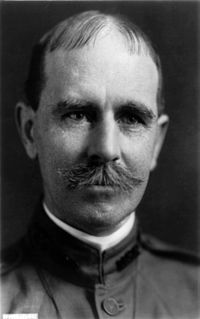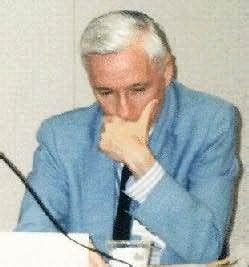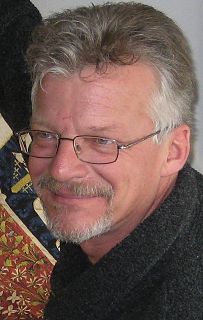A Quote by James Lipton
I was originally going to be a lawyer, and the only thing I remember from the art of cross-examination is - you can see this one coming up Sixth Avenue - never ask a question the answer to which you do not know.
Related Quotes
Do not ask the stones or the trees how to live, they can not tell you ; they do not have tongues; do not ask the wise man how to live for, if he knows , he will know he cannot tell you; if you would learn how to live , do not ask the question; its answer is not in the question but in the answer, which is not in words; do not ask how to live, but, instead, proceed to do so.
Wes Clark is a man of whom you can ask a question, and he will look you directly in the eye, and give you the most truthful and complete answer you can imagine. You will know the absolute truth of the statement as well as the thought process behind the answer. You will have no doubt as to the intellect of the speaker and meaning of the answer to this question....So you can see, as a politician, he has a lot to learn.
A theologian of the cross says what a thing is. In modern parlance: a theologian of the cross calls a spade a spade. One who ‘looks on all things through suffering and the cross’ is constrained to speak the truth…it will see precisely that the cross and the resurrection itself is the only answer to that problem, not erasure or neglect.
If you ask a living teacher a question, he will probably answer you. If you are puzzled by what he says, you can save yourself the trouble of thinking by asking him what he means. If, however, you ask a book a question, you must answer it yourself. In this respect a book is like nature or the world. When you question it, it answers you only to the extent that you do the work of thinking an analysis yourself.
We can each sit and wait to die, from the very day of our births. Those of us who do not do so, choose to ask - and to answer - the two questions that define every conscious creature: What do I want? and What will I do to get it? Which are, finally, only one question: What is my will? Caine teaches us that the answer is always found within our own experience; our lives provide the structure of the question, and a properly phrased question contains its own answer.
A dialogue is very important. It is a form of communication in which question and answer continue till a question is left without an answer. Thus the question is suspended between the two persons involved in this answer and question. It is like a bud with untouched blossoms . . . If the question is left totally untouched by thought, it then has its own answer because the questioner and answerer, as persons, have disappeared. This is a form of dialogue in which investigation reaches a certain point of intensity and depth, which then has a quality that thought can never reach.




































